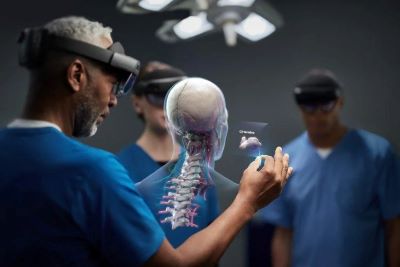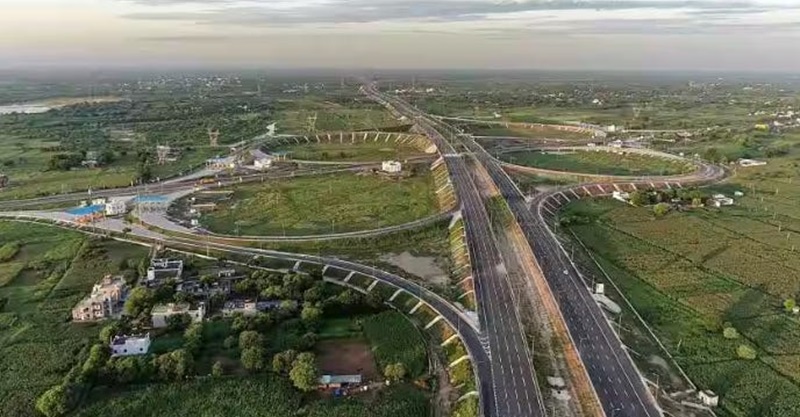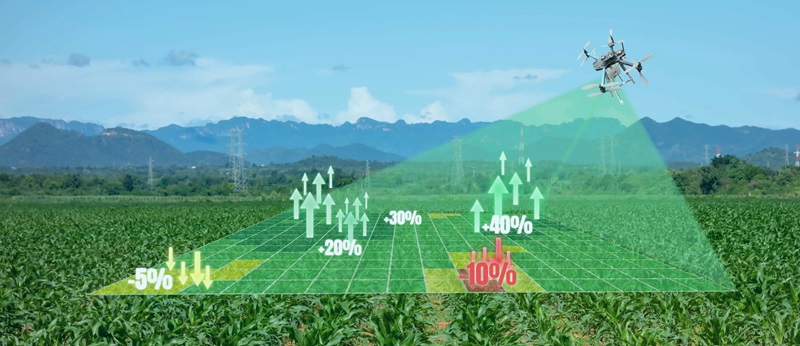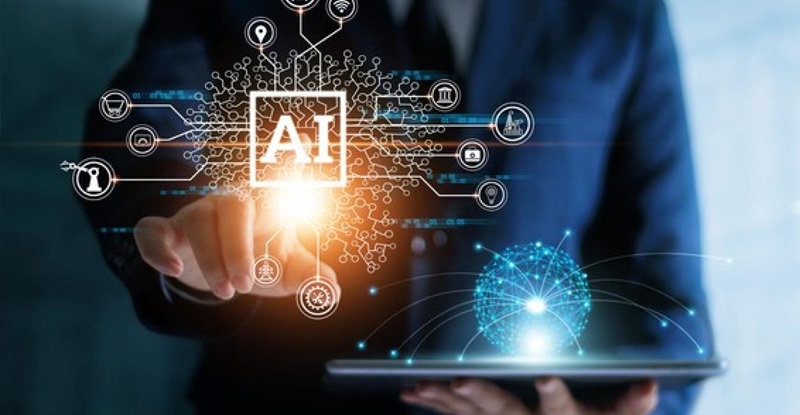AI for Social Good: Harnessing Technology to Create a Better World

"Through the lens of AI, we can amplify welfare, ensuring every Individual feels seen, Supported, and uplifted by technology's embrace."
In the epoch of brisk technological advancements, Artificial Intelligence (AI) has surfaced as a transformative powerhouse with the potential to mold the future of humanity. Beyond its commercial applications and substantial economic boons, AI is progressively being harnessed for societal benefit, addressing some of the most daunting challenges faced by societies globally. From healthcare and education to environmental conservation and disaster management, AI is validating its potency as an instrumental catalyst in crafting a more equitable, sustainable, and compassionate world.
Healthcare Revolution: AI's Healing Touch
In the realm of healthcare, AI is revolutionizing the way diseases are diagnosed, treated, and managed. AI-powered diagnostic instruments, driven by intricate machine learning algorithms, can scrutinize vast amounts of medical data to detect patterns and predict diseases at a nascent stage. This proactive detection facilitates timely interventions and ameliorated patient outcomes. Moreover, AI is metamorphosing medical imaging analysis, rendering radiology, and pathology more precise and efficient.
AI is also turbocharging drug discovery and development. By simulating molecular interactions and analyzing genetic data, AI algorithms can pinpoint potential drug candidates with expeditious speed, diminishing the time and cost involved in bringing new medications to the market. This harbors the promise of finding cures for diseases that have persistently confounded medical researchers.
Education for All: Empowering Learners with Tailored Learning
AI's impact on education is equally profound. Intelligent tutoring systems can adapt and personalize lessons based on individual learning needs and preferences, providing students with customized educational experiences. AI-powered chatbots serve as virtual teaching assistants, addressing queries and providing real-time assistance to learners, fostering a more interactive and engaging learning environment.
Furthermore, AI analytics can dissect student data to identify learning patterns and challenges, enabling educators to devise targeted interventions and support systems. This data-centric approach enhances educational outcomes and helps bridge the educational divide between learners of diverse backgrounds and abilities.
Aiding Humanity in Crisis: Disaster Management and Humanitarian Relief
AI's predictive and analytical prowess has proven invaluable in disaster management and humanitarian relief undertakings. AI algorithms can assess historical data and real-time information to predict natural disasters and gauge their potential impact. This early warning mechanism enables authorities to take proactive measures, ensuring the safety of communities in disaster-prone regions.
AI-empowered robots and drones are deployed in hazardous terrains during disasters, assisting with search and rescue operations and mitigating the risk to human lives. The ability to swiftly process voluminous data allows humanitarian organizations to allocate resources efficiently and deliver aid to affected communities in a timely manner.
Preserving Our Planet: AI for Environmental Conservation
AI is a formidable ally in global environmental conservation and sustainability efforts. AI-driven systems can monitor wildlife populations and habitats through data from sensors, cameras, and satellites, aiding in wildlife conservation and thwarting illegal poaching and deforestation.
In the battle against climate change, AI's advanced climate models process vast amounts of climate data, assisting scientists and policymakers to understand climate patterns and devise strategies for mitigating the impact of global warming. AI-driven smart monitoring systems optimize resource usage in agriculture, reduce waste and promote sustainable practices.
"Empowering humanity with AI is not about replacing people but elevating their potential to drive positive change for all."
Ethical Considerations: Safeguarding AI's Positive Impact
While AI's potential for societal good is immense, it also encompasses ethical considerations and potential risks. Ensuring data privacy, transparency, and fairness in AI algorithms is vital to maintain public trust and avoid biases or unintended negative consequences. Responsible AI deployment necessitates collaboration between governments, tech corporations, and civil society to establish ethical norms and guidelines.
AI for social good symbolizes a paradigm shift in technology's role in society. As AI continues to evolve, its beneficial impact on healthcare, education, disaster management, and environmental conservation becomes increasingly evident. By harnessing AI for social good, we can unlock the potential of technology to create a better world, one where access to high-quality healthcare, education, and environmental preservation are not privileges but fundamental human rights. Embracing AI for social good goes beyond mere technological advancement; it is a moral imperative that empowers us to tackle global challenges and construct a more inclusive and sustainable future for generations to come.








